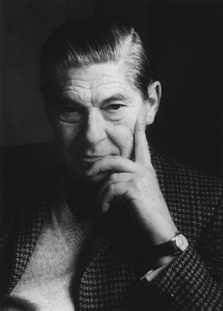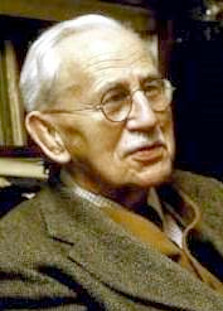The Society was founded in 1965 by the Rev. G. Stanley Whitby and his wife, Rev. Florence Whitby. In his long and distinguished career the Rev. George Whitby was an examiner in Moral Philosophy at the University of Glasgow and Lecturer in Philosophy for Adult Education. He was subsequently a Lecturer in Philosophy and Scientific Method at the University of Sheffield. Amongst his published works are articles in the International Journal of Ethics, the Maurice Elliot Memorial Lecture 1966 (on the Value of Psychical Studies) and the Beard Memorial Lecture 1970 (Philosophy and Survival). He was also joint editor of ‘Life, Death & Psychical Research’ (Rider, 1973). For 30 years he was a minister of the Unitarian Central City churches in Glasgow and Sheffield after which he became a minister of the Cotswold Group of Unitarian churches. He was also the Director of Studies for the Churches Fellowship for Psychical & Spiritual Studies, Chairman of their Scientific Research Committee and their Education Committee as well as being Education Officer of the College of Psychic Studies and a member of the Society for Psychical Research.



In the early days of the Society it had some of the great names of psychical research associated with it. Its first president was Professor Henry Habberley Price, Wykeham Professor of Logic, and Fellow of New College. Price was President of the Society for Psychical Research from 1939 to 1941.
Another well known figure from the history of psychical research was Dr. Robert Crookall, who served as USPS Vice-President. After taking his Ph.D., Crookall lectured at Aberdeen University before joining the staff of the Geological Survey of Great Britain, specialising in coal-forming plants. He resigned from his geological work in 1952 to devote the rest of his life to psychical research. Today Crookall is best known for his work on astral projection and out of the body experiences in such classic books as: ‘The Supreme Adventure’, ‘The Study and Practice of Astral Projection’ and ‘Intimations of Immortality’. For many years the famous author, Arthur Koestler was a Vice-President of the Society. His lasting legacy was a fund to establish the Koestler Parapsychology Research Unit at the Psychology Department at the University of Edinburgh.
Sir Alister Hardy, the biologist and former president of the Society for Psychical Research was a Life Member and a regular speaker at Society conferences which were occasionally held at Manchester College, Oxford. Sir Alister is today best known for setting up the Religious Experience Research Centre. This is a unique collection of firsthand accounts of religious, mystical and psychic experiences, sadly mostly ignored by many modern psychical researchers.
Unitarians have a long standing tradition of contributing to the study of the paranormal. In the nineteenth century ministers such as Minot Savage and John Page Hopps were active investigators. In the twentieth century names such as Dr. L.P. Jacks, Principle of Manchester College, Oxford and founder and first editor of the Hibbert Journal and a former President of the Society for Psychical Research, and Professor Stratton the Astrophysicist and Director of Solar Physics Observatory at Cambridge from 1928-47 who was also a past President of both the Society for Psychical Research and the General Assembly of Unitarian and Free Christian Churches spring to mind. The Unitarian approach to psychical research and the question of survival after death, is one of openness to go with the individuals own experience but also embracing a scientific approach. For many, science and religion cannot sit hand in hand, but in Unitarianism they can, neither is mutually exclusive, rather mutually inclusive!